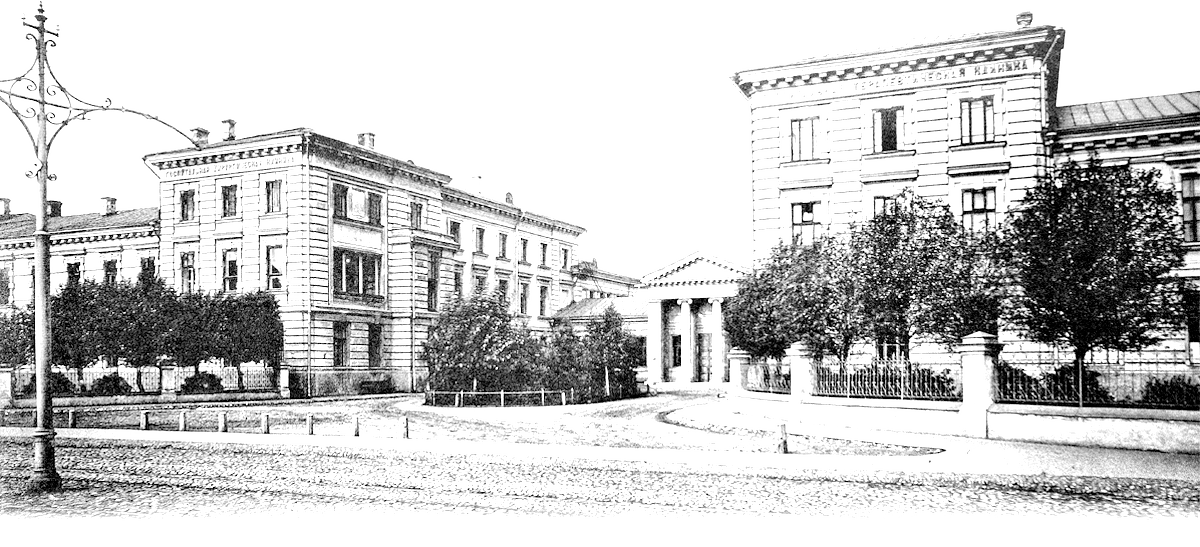Urinary incontinence
- Details
- Published: 21 October 2018
Urinary incontinence is a periodic or permanent involuntary urine leakage.
Women over 35 suffer from this disease mostly and most often in the postmenopausal period. In men, urinary incontinence occurs much less frequently. I t occurs usually due to an operation on the prostate gland.
It is especially unpleasant that the disease is accompanied by a characteristic smell that is noticeable to others.
Urinary incontinence is divided into the following types:
- Urgent urinary incontinence is an involuntary urine leakage that occurs immediately after a sudden urge to urinate.
- Stress urinary incontinence is an involuntary urine leakage during tension, sneezing or coughing.
- Mixed urinary incontinence is– an involuntary urine leakage with a sudden urge, and also due to effort, strain, sneezing or coughing.
- Permanent urinary incontinence is a regular urine leakage.
- Enuresis – is any of involuntary urine loss.
- Nocturnal enuresis is an urinary loss during sleep
There is a wrong opinion that urine incontinence is not treatable. In fact, in 9 out of 10 cases, that disease can be cured. Another problem is not so many medical institutions have a required equipment and specialists to treat this disease using methods of high-tech operations.
Diagnosis of urinary incontinence.
First of all, the doctor determines the type of urinary incontinence and the degree of development of the pathological process. Physician evaluates the structure of the walls of the vagina and its musculoskeletal system, uterus and its cervix, that allows to characterize the degree of support of the pelvic organs and clarify the cause of the genital prolapse. Blood, urine and genital secretions (smears for specific and nonspecific flora) are performed. A cough test or TVT test (temporary instrumental clamping of the urethra in a one-time cough test) is performed, special questionnaires and ultrasound examination of the urogenital system are performed.
Urinary incontinence treatment.
Survey and treatment of urinary incontinence in our clinic is performed by urologists together with the colleagues from the Department of Obstetrics and Gynecology at Sechenov University.
Its own option of treatment for each patient is depended on the individual characteristics of the body and the course of the disease.
The laparoscopic method (sacrocolpopexy) and plastic surgery of the vagina with its own tissues (colporrhaphy) are recommended for young and relatively young patients. These high-tech techniques allow to restore the normal anatomy and function of the pelvic organs, to eliminate the problems with urination defecation or sex life caused by the disease.
In olderly age, the operation to install implants is recommended. Mesh prostheses in the shape of hammocks perform the role of the anterior wall of the vagina, mimic the natural support of the pelvic organs. After surgery, normal urination and deformation are restored. Sex life is possible with some restrictions.
If the ligament apparatus is relatively preserved and there is no significant prolapse of the pelvic organs, a TVT operation can be performed. During it, the so-called loops (slings) are installed - strips of non-absorbable polypropylene filaments up to 1 cm wide. It is fixed on the tissues under the urethra and squeeze the urethra canal, keeping urine in place. The effectiveness of the technique reaches 95%.
For urgent urinary incontinence (accompanied by painful urge to urinate), non-surgical treatment is possible in our clinic. In the Institute for Urology and Reproductive Health at Sechenov University, a special mediator therapy based on M-cholinoblockers and alpha-blockers has been developed. The drugs prevent painful urge to urinate and restore normal bladder function. The type of treatment is selected with the participation of specialists who are directly involved in the development of the drugs and the introduction of therapy.




